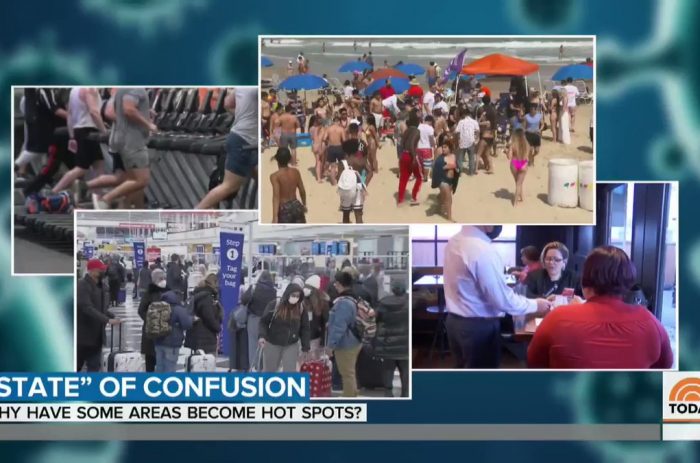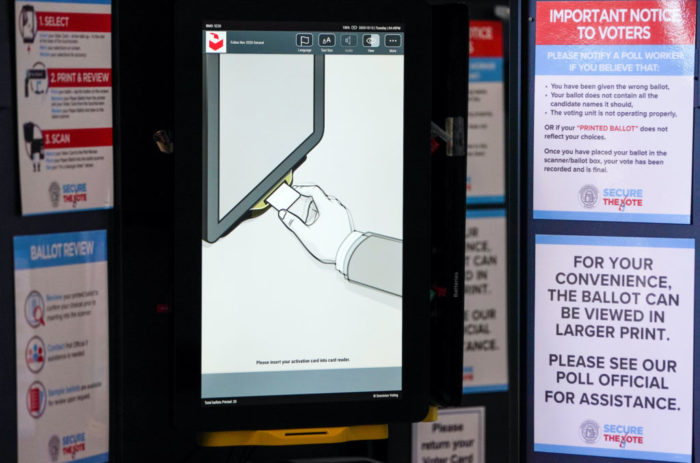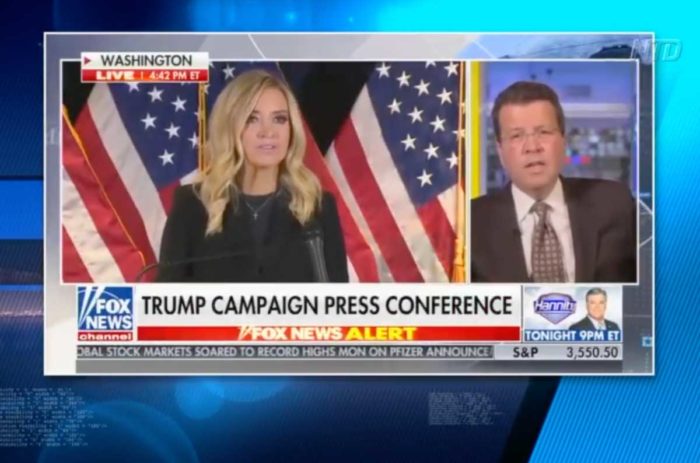redo Jump to...
print Print...
Directions
-Read the excerpt below from a post at MRC Business on Jan. 12 by Joseph Rossell.
-Read "Types of Media Bias" in the right column. Then answer the questions.
from MRC Business post on Jan. 12 by Joseph Rossell:
Four out of five top U.S. newspapers have called for federal gas tax hikes on the editorial page since oil and gas prices began falling significantly June 19, 2014.
In spite of polls that show most Americans oppose it, The Washington Post, USA Today, The New York Times and the Los Angeles Times newspapers have all published editorials that called for increasing the gas tax. Gas prices fell from $3.67 on June 19, 2014, to $2.16 on Jan. 9, 2015, according to AAA. The Wall Street Journal was the only publication not to editorialize in favor of higher gas taxes of the five national newspapers.
- On Jan. 7, The Washington Post’s editorial board called it the “perfect time” for Congress to raise the federal gas tax. “On principle and on politics, now is the best time Washington has seen in years to raise the federal gas tax,” the Post’s editorial said.
- USA Today’s editorial board also argued [in a December] editorial that it was an ideal time to increase the gas tax, since such a move would “barely be felt” by drivers because of falling gas prices. …
- On July 15, 2014, The New York Times editorial board blamed Congress for failing “to collect and spend enough money to fix” the U.S. transportation system. The editors faulted Congressional Republicans for their “ideological refusal” to raise the gas tax and counter “dwindling revenues” for transportation projects.
- The Los Angeles Times editorial board also argued that Congress ought to “fix” the Highway Trust Fund, which it said was “about to go broke,” by “starting with an increase in the fuel tax.” That June 23, 2014, editorial noted that Sen. Bob Corker, R-Tenn., had already co-sponsored “a common-sense proposal” to raise the federal gas tax from 18.4 to 30.4 cents-a-gallon.
[Several congressmen – Republican and Democratic support raising the gas tax.]
Yet, the majority of Americans oppose raising the gas tax. More than two-thirds (67%) of Americans said they opposed a hike, according to survey conducted in December by Benson Strategy Group and SKDKnickerbocker.
Chris Chocola, a former Republican Congressman from Indiana and the president of the conservative Club for Growth, criticized the federal gas tax as well as the Highway Trust Fund in a USA Today op-ed in Oct. 19, 2014. He wrote, “Not only is raising the gas tax misguided, but we should not even have a federal gas tax to begin with because it finances a program that is inherently broken.” Chocola argued that the federal gas tax “perpetuated” the Highway Trust Fund, which he said was “an outdated funding scheme for America’s infrastructure needs” and unaccountable to state and local governments. In his view, the states could do a better job than the federal government of addressing infrastructure needs.
(from mrc.org)
To accurately identify different types of bias, you should be aware of the issues of the day, and the liberal and conservative perspectives on each issue.
Types of Media Bias:Questions
What is an editorial board?
At a newspaper, the editorial board usually consists of the editorial page editor, and editorial writers. Some newspapers include other personnel as well. Editorial boards meet on a regular basis to discuss the latest news and opinion trends and discuss what the newspaper should say on a range of issues. They will then decide who will write what editorials and for what day. When such an editorial appears in a newspaper, it is considered the institutional opinion of that newspaper.
1. What percent of Americans said they oppose raising the federal gas tax?
2. What percent of editors/editorial boards from the top 5 U.S. newspapers support raising the federal gas tax (call on Congress to raise the gas tax)?
3. Many state/local newspapers publish news articles – and even editorials – from the top newspapers listed below. The editorial boards of 4 of the top 5 newspapers in the U.S. share the same ideological viewpoint on raising the gas tax (and a number of issues). Do you think this bias will influence public opinion? (Does it make a difference if a reader has his/her own opinion on the issue before reading the editorial? What about people who read the news to become informed?
Scroll down to the bottom of the page for the answers.
Answers
1. 67% or two-thirds of Americans said they oppose raising the federal gas tax.
2. 80% of editors/editorial boards from the top 5 U.S. newspapers support raising the federal gas tax.
3. Opinion questions. Answers vary.



